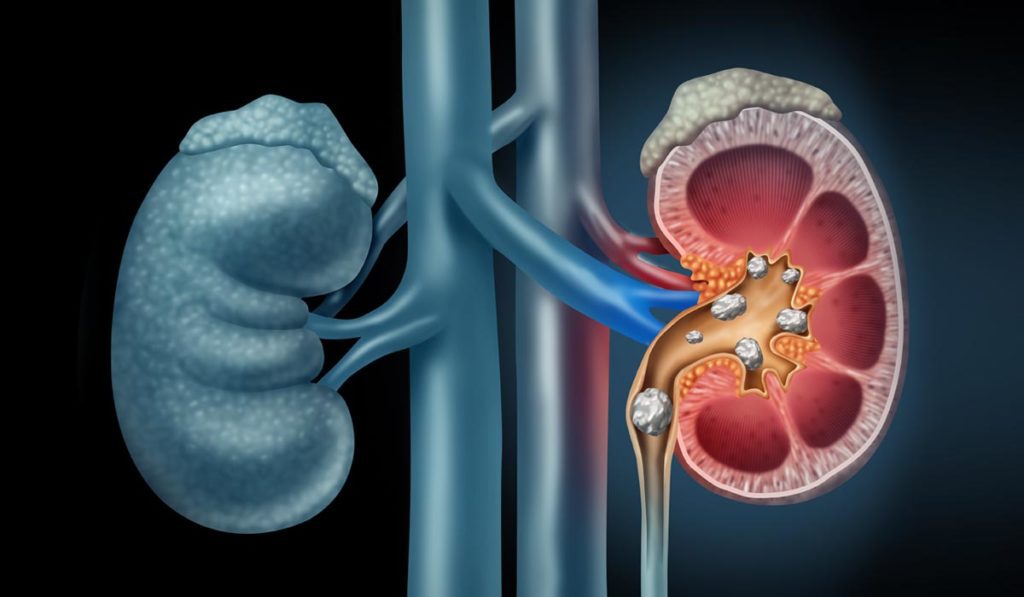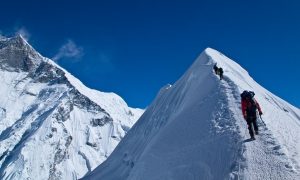Kidney Stone Causes and Risk Factors in Desert Climates

Living in desert climates presents unique challenges to health, including an increased risk of kidney stone formation. Kidney stones are hard deposits that form in the kidneys when urine becomes concentrated with minerals and salts. Factors such as dehydration, high temperatures, and dietary habits prevalent in desert regions can contribute to the formation of kidney stones. In this article, we’ll explore the causes and risk factors of kidney stones in desert climates, providing insight into preventive measures and treatment options for individuals living in these environments.
Dehydration and Low Fluid Intake:
Dehydration is a primary risk factor for kidney stone formation, especially in desert climates where high temperatures and low humidity levels can lead to excessive fluid loss through sweating. Inadequate fluid intake reduces urine volume, allowing minerals and salts to become more concentrated and form stones. Expatriates in desert regions, such as Abu Dhabi, should prioritize staying hydrated by drinking plenty of water throughout the day, particularly during hot weather and physical activity. Healthpoint Abu Dhabi offers comprehensive hydration management services to support individuals in maintaining optimal fluid balance and preventing kidney stone formation.
High Mineral Content in Water:
The mineral content of water in desert climates can vary, with some regions having naturally high levels of calcium, oxalate, and other minerals known to contribute to kidney stone formation. Additionally, individuals may rely on bottled or desalinated water, which can have elevated mineral levels compared to treated tap water. Expatriates living in desert climates should be mindful of the mineral content of their drinking water and consider using water filtration systems to reduce mineral concentrations. Healthpoint Abu Dhabi offers water quality testing and dietary counseling services to help individuals manage their water intake and reduce the risk of kidney stone formation.
Dietary Habits and Nutritional Factors:
Dietary habits prevalent in desert regions, such as consuming high-protein diets, excessive salt, and oxalate-rich foods, can increase the risk of kidney stone formation. Additionally, certain nutritional factors, such as low calcium intake or excessive vitamin D supplementation, may contribute to stone formation. Expatriates in desert climates should strive to maintain a balanced diet that includes adequate fluid intake, moderate consumption of protein and salt, and avoidance of foods high in oxalates, such as spinach, nuts, and chocolate. Healthpoint Abu Dhabi offers nutrition counseling services to help individuals develop personalized dietary plans that support kidney health and reduce the risk of stone formation.
Sedentary Lifestyle and Lack of Physical Activity:
Sedentary behavior and lack of physical activity can also increase the risk of kidney stone formation by promoting urinary stasis and reducing urine flow. Expatriates living in desert climates should aim to incorporate regular physical activity into their daily routine, such as walking, cycling, or swimming. Exercise not only promotes overall health and well-being but also helps maintain proper kidney function and prevent stone formation. Healthpoint Abu Dhabi offers exercise prescription and lifestyle modification programs to support individuals in adopting healthy habits and reducing the risk of kidney stones.
Understanding the causes and risk factors of kidney stones in desert climates is essential for individuals living in these environments to take proactive measures to prevent stone formation and maintain optimal kidney health. By addressing factors such as dehydration, water quality, dietary habits, and physical activity levels, expatriates in desert regions can reduce their risk of kidney stones and enjoy improved quality of life. Healthpoint Abu Dhabi offers comprehensive preventive care services, including hydration management, water quality testing, nutrition counseling, and lifestyle modification programs, to support individuals in preventing kidney stone formation and promoting kidney health in desert climates.






